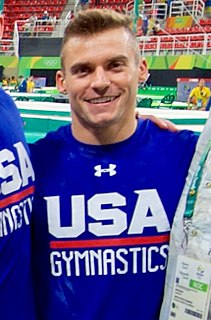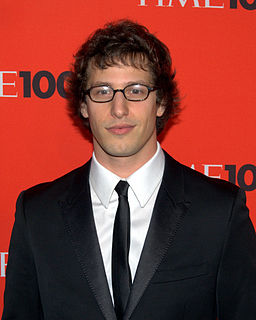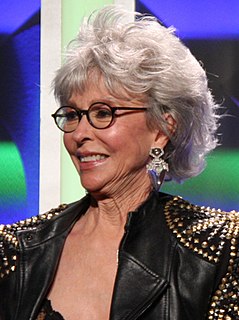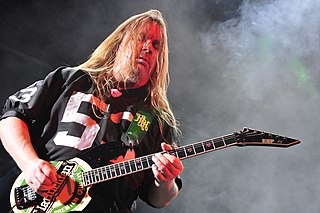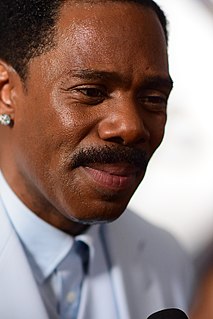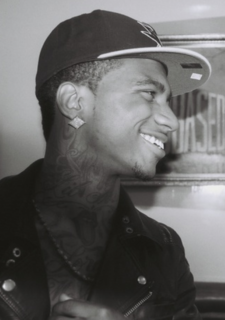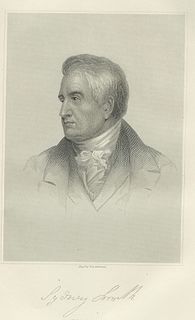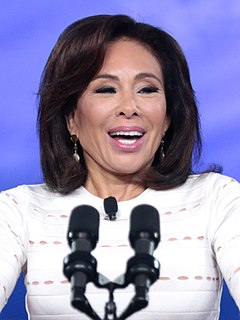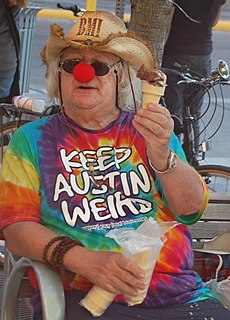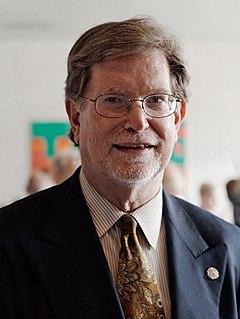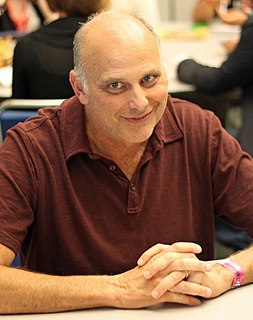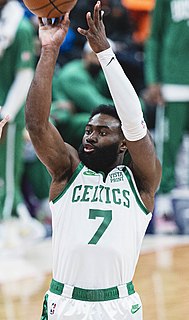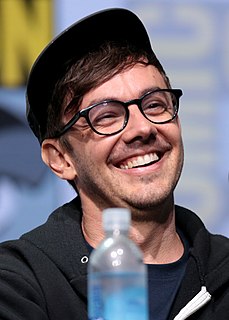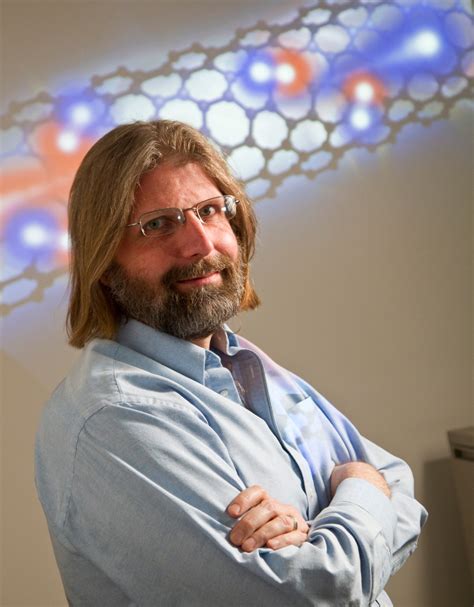Top 147 Berkeley Quotes & Sayings - Page 2
Explore popular Berkeley quotes.
Last updated on November 23, 2024.
As a sociolinguist, I want to know how cultural differences affect the ways people talk and listen. My research method, inspired by the work of Robin Lakoff and John Gumperz of the University of California at Berkeley, is sociolinguistic microanalysis. I tape-record and transcribe naturally occurring conversations.
The thing I learned is that the work is getting done by people who dig in and work on a particular project: the people who spend 20 years sustaining a theater for black teenagers in Chicago; the people who reintroduce sticklebacks into Strawberry Creek in Berkeley and then wait patiently for the first egrets to show up.
When I attended the Berkeley Poetry Conference in 1965, I was very inspired. The collaboration of many poets from these alternative traditions - though there were not enough women - who were very much more influenced by, say, Asian forms or by Mantra or by thinking politically through their work in deeper ways really stuck with me.
Whenever I tell people in Berkeley, Calif., where I live, that I'm headed to the beach in Alabama, they are shocked. Most people outside of the Gulf Coast have no idea that Alabama has beaches - even though if you look at a map of Alabama, there is a part of it that looks as if it should belong to Florida.




